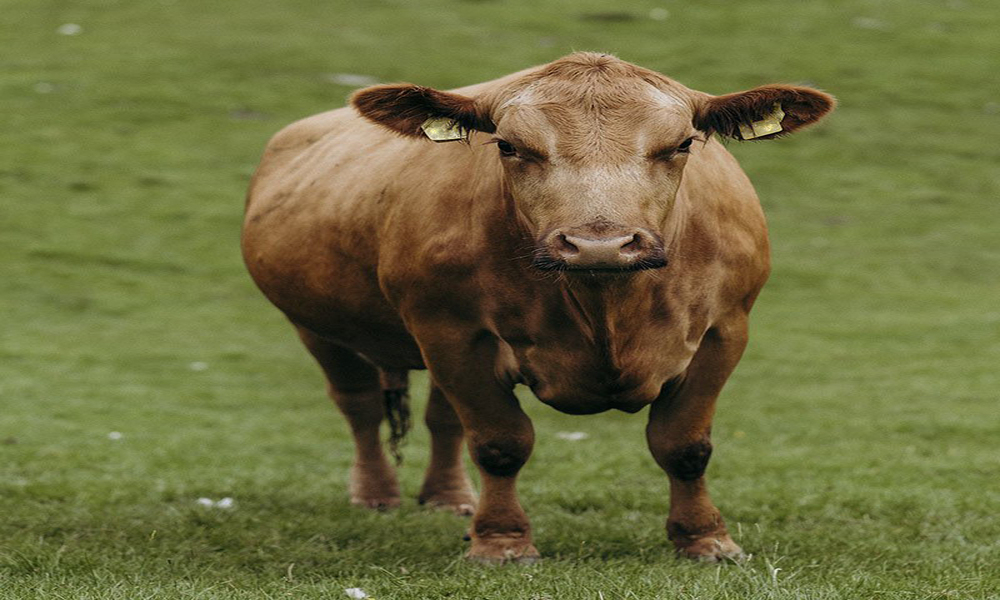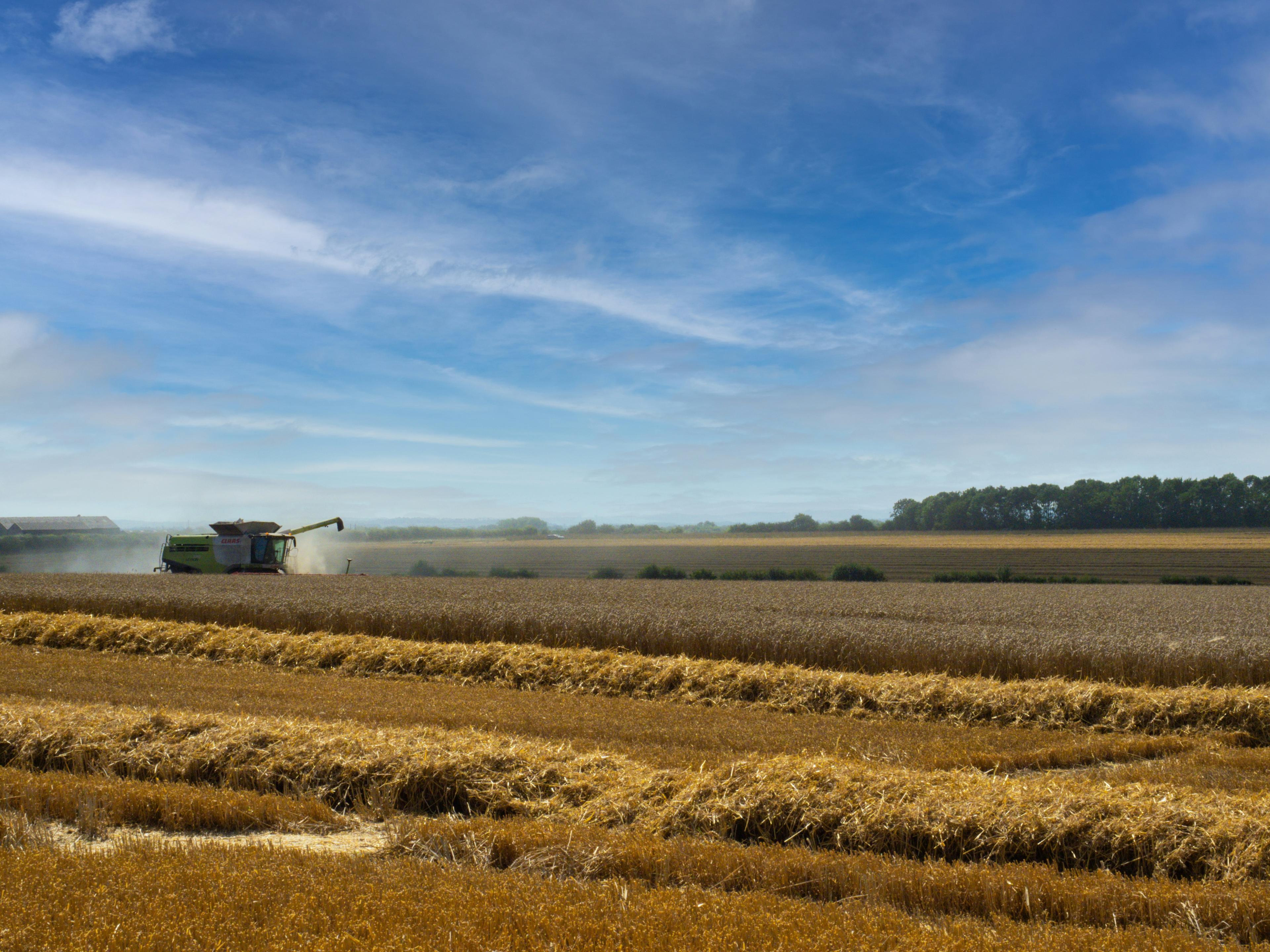A committee of MPs has raised concerns in a report about the government’s apparent ‘worrying degree of complacency’ over rural mental health issues.
The EFRA (Environment, Food and Rural Affairs) committee’s report, published following an inquiry into rural mental health, found that farmers were struggling with stressors like unpredictable weather, animal health crises, and uncertainty caused by government policies.
Also mentioned was how isolation, poor transport provision, and a lack of digital connectivity contributes to poor mental health for those living in rural areas.
The committee called for the establishment of an agriculture-specific National Working Group on suicide prevention as well as a rural mental health training programme, and funding that could be made available during and after crises such as flooding. The government rejected all of the suggestions, saying that current provision is sufficient and rural mental health is accounted for in the current Suicide Prevention Strategy.
The government response was not welcomed by the committee, which said it was disappointed by the failure to recognise the distinct mental health needs and circumstances of rural communities.
Why is farmers’ mental health so poor?
Farmers face specific and unrelenting pressures. They work long hours, often in isolation. They are often under significant financial pressure due to the cash outlay that’s required just to run their businesses. Then there are the external factors which they can’t control, but which can have a real impact on their business bottom line.
The last few years have been challenging for UK agriculture to say the least. There has been extreme weather, supply chain issues, a pandemic, a war in Europe, an energy crisis, and a cost-of-living crisis. Yet still, farmers have toiled to put food on our shelves and on our plates and they’ve had to do so while maintaining the highest standards of traceability and sustainability. It’s little wonder that many of our famously resilient and hardworking farmers are at breaking point.
What the statistics say about rural mental health?
A study carried out by the Farm Safety Foundation found that 92% of UK farmers under the age of 40 said poor mental health is the biggest problem farmers face today. This is up from 82% in 2018. Another study, the R.A.B.I Big Farming Survey, found that 36% of farmers in the UK admit to being “possibly” or “probably” depressed.
Agriculture is well-known for its poor safety record, and sadly it’s also becoming known for its high suicide rate, with 44 deaths by suicide for those working in farming registered in England and Wales in 2020.
Towards better mental health for farmers
What words come to mind when you think of the word ‘farmer’? Stoic? Resilient? Hardworking? These are all good attributes to have, until they stop someone from seeking help for poor mental health. There’s a stigma around mental health in many sections of society, and farmers are no exception.
Luckily, there is help and support out there for farmers and their loved ones. Vital initiatives like the Farm Safety Foundation’s Mind Your Head campaign are working to tackle stigma and dispel the myths around poor mental health in agriculture. One of the ways it hopes to help is by encouraging people to reach out, either for help, or to check in on someone who might be suffering in silence.
Starting the conversation
You can learn more about the Mind Your Head campaign here.
While of course, not all farmers are men, it’s Movember this month, a campaign which focuses on men’s health, including mental health. To find out more about how the campaign is raising awareness and funds for men’s mental and physical wellbeing, visit the website
Sources:
https://www.fwi.co.uk/livestock/mental-health-biggest-issue-affecting-farmers-in-2023





